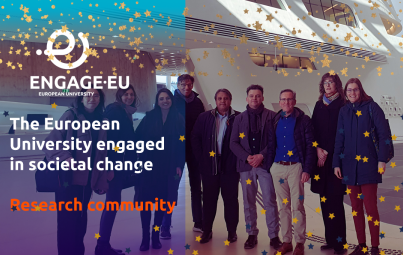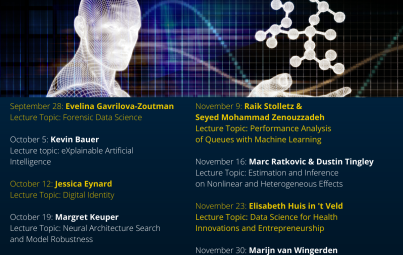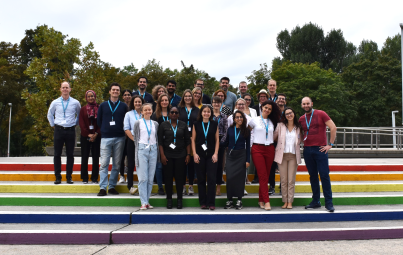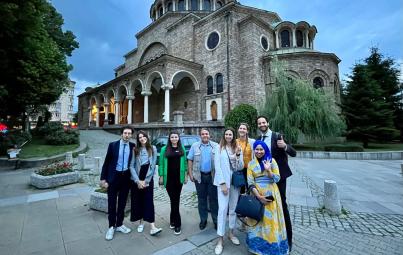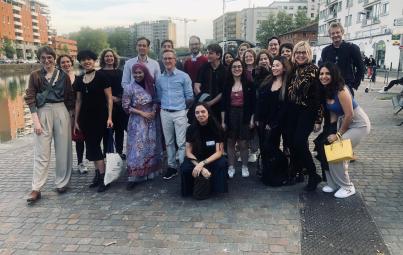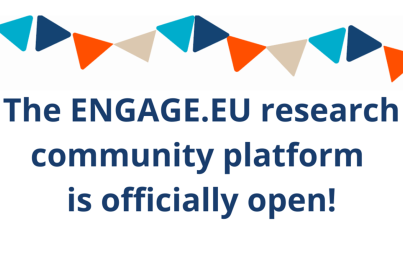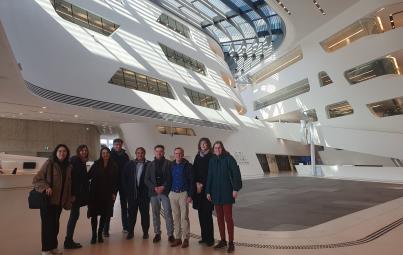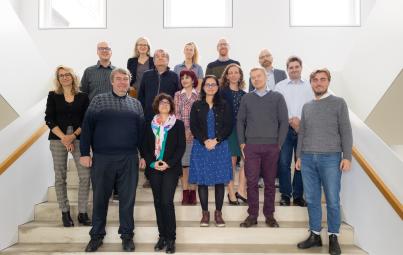Digitalization is seen as one of Europe’s greatest societal challenges, as well as a positive opportunity for societal change. Digitalization is transforming many aspects of our everyday lives, including our privacy, access to information, to democracy, to social inclusiveness or exclusion. It also influences our global economy, business landscape, international law and the regulation of competition in digital markets. The digital transformation involves and impacts our society, and poses questions for the future, for example, of education, the development of skills and competencies, and life-long learning.
For many of the societal challenges related to the SDGs, digitalization is seen as an enabler of positive change. However, the social impacts and environmental sustainability of the underlying technologies themselves may actually undermine the gains made.
This theme can benefit from an interdisciplinary approach, where researchers can cross traditional boundaries to address this societal challenge
Related SDGs
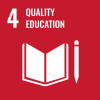
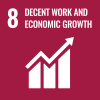
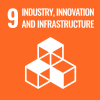
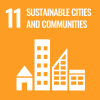
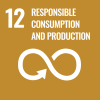

Subthemes
Collaboration Opportunities
Flipped classroom & COIL in additional language teaching following a plurilingual perspective
I have a degree in English and German Studies from the University of Deusto, Bilbao, and a Master’s in Pedagogical Innovation and...
ENGAGE.EU INCUBATOR SEED FUNDING: CALL FOR APPLICATIONS – TEACHING INITIATIVES
Academic teaching staff from ENGAGE.EU partner universities are invited to apply for seed-funding for the development of joint teaching...
The Emerging Research Podcast
We're looking to start a new podcast where PhD students within the ENGAGE.EU alliance can share their research. Specifically, we're...
Innovative managerial model of the Black Sea Security and Safety System
My personal research focus is on broadening the Bulgarian perspective on innovative managerial models for Black Sea Security System.
One...
Partner(s) sought in view of the Engage.EU call for seed grants
In light of the Engage.EU call for small seed grants with a deadline of 10 June, https://www.engageuniversity.eu/engage-eu-research...
Call for Participation in Lecture Series 'Data Science in Action'


In the fall semesters 2022 and 2023 the Mannheim Center for Data Science (MCDS), an institute of the University of Mannheim founded in...
Pagination
Collaboration Groups
AI & Skills Research Community
This is the collaborative space of the research community AI & Skills. You can post documents here, share ideas in the discussion board...
ENGAGE.EU Community for PhD students and early-stage researchers
Would you be interested in receiving updates regarding new events (short research stays), new online courses, or any other documents...
Think Tank Mannheim Alumni
This group serves as a networking opportunity among the ENGAGE.EU Think Tank Mannheim alumni.
Comparative legal studies
Each researcher can share the legal regulation of a separate institute and thus support his colleagues in comparative legal studies...
Science Communication Workshop in Vienna
This is a group for participants of the Science Communication Workshop, that will be organized from 25-27 September at WU Vienna.
New Technology Critic
Discussions around New Technology and their impact on society. Through the experimentation of new applications which need new...
Pagination
- Page 1
- Next page
People
Pagination
Events
News
Exploring brainwaves: a practical workshop on the fundamentals of EEG data collection and visualization.
Igniting Innovation: Call for Collaborative Scientific Initiatives Now Open
Exploring Open Science: Overview from ENGAGE.EU Data Management Days
Science communication video lectures
400 members in one year
Happy anniversary!
Dear community,
A reflection and thank you: ENGAGE.EU research communities
Understanding digital firms’ growth strategy
My research addresses one of the oldest questions in economics which is “What makes firms grow?”.
How to ENGAGE in this international research community
Lecture Series "Data Science in Action"
After the success of the first lecture series on Data Science last year, the Mannheim Center for Data Science (MCDS) and the European University EN
From Malnutrition to Brain Mastery: BENCI – Unlocking Potential for Educational Equity
From Malnutrition to Brain Mastery: BENCI – Unlocking Potential for Educational Equity
Communicating Science for Impact: Report on Science Communication Workshop in Vienna
From September 25-27, the Vienna University of Economics and Business hosted an inspiring event called the ENGAGE.EU Science Communication Workshop
The publications platform is online!
The ENGAGE community is delighted to share a new platform with you!
The Second ENGAGE.EU Conference for Early Stage Researchers and Young Scholars took place in Sofia
Fostering a sustainable digital transformation
ENGAGE.EU PhD Workshop in Toulouse: Expanding Networks, Connecting Disciplines
A new edition of the ENGAGE.EU doctoral workshop was held in Toulouse from 20 to 21 April.
Over 180 Researchers already joined the new ENGAGE.EU research community platform
Obtaining Data Access - Recommendations from a Researcher & Company Perspective!
In March and April, Toulouse School of Management's Doctoral Programme held two sessions with key speakers on obtaining data acces
ENGAGE.EU Research Communities Workshop
On the 3rd of March, the team who developed this community platform came together at WU Vienna to brainstorm and strategize for the future.
Report: Workshop on privacy in digital markets at Luiss University




















